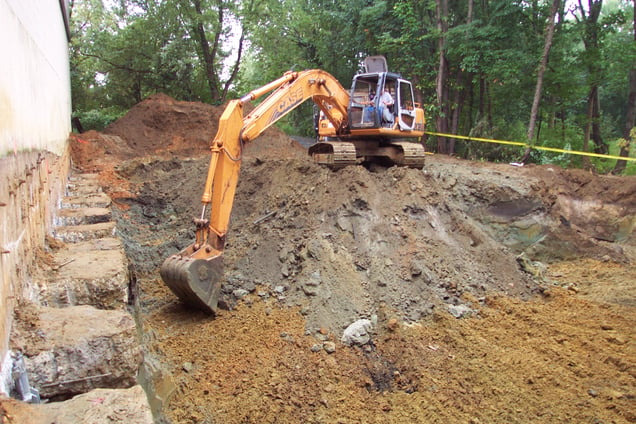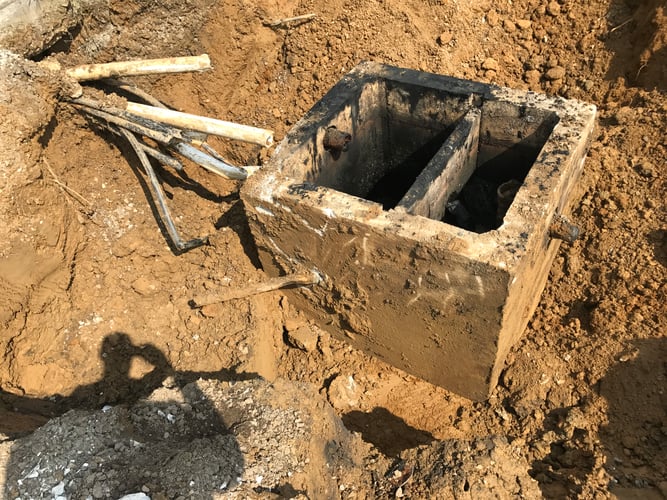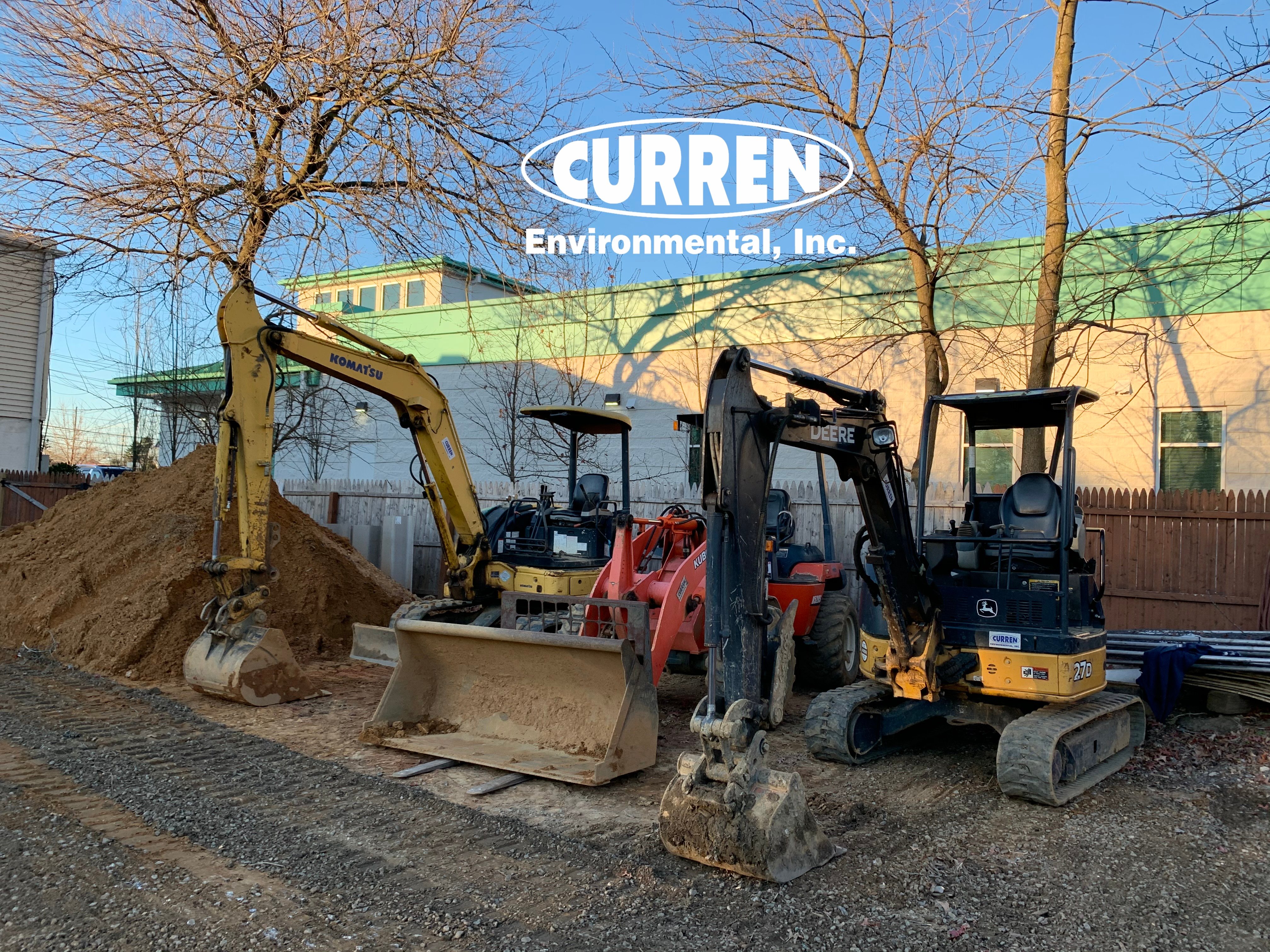What is a Phase III Environmental Site Assessment?
A Phase I is research and visual Inspection of a property, that looks for Recognized Environmental Conditions (RECs)
A Phase II investigates the REC to see if an issue is present. So maybe a site was a dry cleaner, a Phase II would complete soil & groundwater.
A Phase III, well if the Recognized Environmental Condition is confirmed, a Phase III would fix the problem.

Recap
Where a Phase I is research on a property and a Phase II is testing completed on a property, a Phase III is the physical remediation or an installed and managed engineering control of a problem identified by either a Phase I or Phase II. A Phase III could consist of removing an underground storage tank (UST) found on a site, the remediation of soil or groundwater contamination or establishing a deed restriction due to contamination left on site.
What does a Phase II cost?
A Phase II could be some simple testing costing just a few thousand dollars or a more complex site the Phase II could run tens of thousands of dollars.
What can a Phase II Entail?
Determine the extent of environmental contaminants found.
Determining the amount of soil and groundwater impacted by environmental contaminants.
When contamination is found, reporting requirements kick in so you will be notifying the State environmental agency to report the found contamination.

What Does a Phase III cost?
Since Phase III is repair or remediation it is typically the most expensive aspect of your due diligence when purchasing real estate. Depending how large or how many problems you encounter $50,000 is not unusual nor is spending Norh of $100,000. The worst case scenario for a Phase III is that the Phase III costs more than the value of the property.
What Can a Phase III Entail?
A Phase III will take into account the findings of the Phase II testing and evaluate options to address the problem. Clearly you would want the contamination cleaned up, which is typically the most expensive to perform, but clean is a relative term. A Phase III may evaluate permitting the contamination is place as remediation to state standards maybe too expensive or simple unachievable in a reasonable time frame. For example, most groundwater contamination never gets cleaned per se. You typically define the extent of the groundwater contamination or plume and test it over 2 years to establish a defendable option that groundwater is not getting worse and will degrade over a set period of time. It is not out of the question to study and problem when groundwater is involved and determine that say in 20 years contamination will degrade to below regulatory limits in 20 years. It is also not out of line to say i will never be clean, so your time frame is indeterminant.
A Phase III will provide options and costs to evaluate.
Expert Advice
888-301-1050
.


After the Phase III work is completed the area may still need additional testing (long term monitoring) to confirm that the property has been properly cleaned up. The ultimate goal of a Phase III is to either rid the property of any potentially harmful environmental contamination or remove the risk of contamination impacting the environment further or threatening human health. Completing a Phase III can mean that the problem is remediated or defined and encapsulated and allowed to remain on site. Variable cost calculations can be used to recalculate property values when contamination is left in place. So a Phase III could in theory burying contamination on a site under a protective cap, in short entombing the contamination. This approach would deed restrict a site, potentially lower the value and trigger the owner to obtain a tax reassessment to lower taxes on the site.
Phase III's can be long and expensive and require experience guidance.
Curren has over 25 years experience with Environmental Due Diligence

